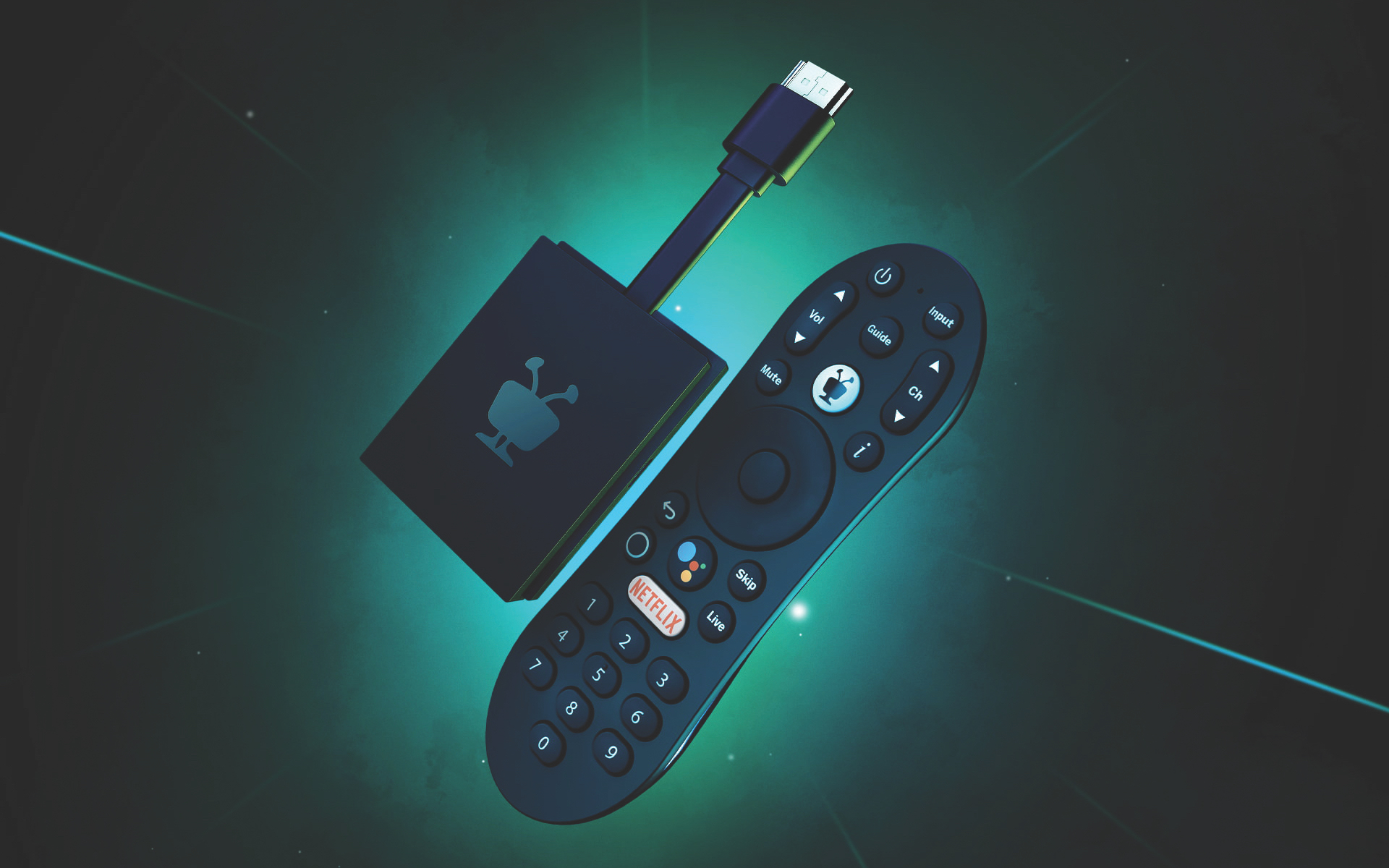TiVo’s Latest Pivot: From DVR Pioneer to OTT Company

The smarter way to stay on top of broadcasting and cable industry. Sign up below
You are now subscribed
Your newsletter sign-up was successful
The company that changed television forever with its groundbreaking digital video recorder is itself suddenly shifting with the times.
Of course, that starts with the merger that was announced last month: Xperi Corp., a San Jose-based technology company that, just like TiVo, is split across very different products and intellectual property licensing divisions, is buying TiVo for $3 billion, paying a 21% premium, according to TiVo president and CEO Dave Shull.

But for TiVo — which will keep its brand name, but not its CEO, after the deal closes — the changes go much deeper. Before he exits the company, Shull plans to transform TiVo into a leading operative in the so-called “streaming wars.”
Speaking to investors Jan. 14 at the Needham Growth Conference in New York, Shull, a former senior executive at Dish Network and The Weather Channel, outlined the company’s vision. It’s vitally important that TiVo “get over” its history as a DVR company, he said, noting, “We’re only talking about streaming now.”
Shull made these remarks after TiVo introduced the $50 TiVo Stream 4K at CES about a week earlier. Most of the “70 or so” news reports about the new OTT device were positive, he said. But the video industry remains confused as to why TiVo is just now getting into the OTT device ecosystem business, given that incumbents like Roku and Amazon Fire TV have entrenched positions.
Sharpening TiVo’s Focus
One reason is focus. When Shull arrived at TiVo late last spring, he found a tech company that, at least on the product end, was scattering its attention across metadata, program guides and numerous other video disciplines. But TiVo has a core strength in search and recommendation, he said, an attribute that could help it catch up quickly to the likes of Roku and Amazon.
The smarter way to stay on top of broadcasting and cable industry. Sign up below
The average U.S. video consumer subscribes to about seven OTT apps right now, Shull said, a figure he believes will soon inch up to “eight or nine.” Meanwhile, it’s taking consumers, on average, about 11 minutes from the moment they start up their TV to find something to watch. “Because of our history with guides, and search and recommendation, we have the ability to put everything under one place,” he said.

TiVo’s CES announcement about the TiVo Stream 4K followed an early debut last year of TiVo+, an ad-supported streaming platform. At CES, TiVo announced 23 additional channels for the service, which is supported by its new OTT player.
Indeed, Tivo’s eyes these days seem focused on facilitating the consumer OTT market. Also speaking at CES to TechHive, TiVo VP of products and services Ted Malone conceded that the previously announced development of apps that would enable users of traditional TiVo DVRs to watch recorded and live video remotely on devices like Roku is “in limbo,” with company engineers directing their attention to streaming.
“If we really believe the streaming market is where it’s at, we need to double down on that and not get distracted by a bunch of things that other people want, but aren’t really going to move the needle,” Malone said.
Added Shull: “We’re going to bet on the streaming wars. We have a really easy solution to them.”
Another Big Pivot
Shull’s redirection of TiVo’s product engineering and marketing teams comes amid the broader decision to abandon earlier announced plans to split IP licensing and products divisions, and merge with Xperi.
Shull described a steady evolution in one-on-one discussions with Xperi CEO Jon Kirchner, who will lead the combined company. Over several months and “many bottles of wine,” Shull said he and Kirchner decided their companies had too many synergies to not pursue a corporate marriage.
For one, Xperi is “very good at making the embedded technology found inside TVs,” Shull said. This skill will come in handy as TiVo looks to embed its streaming ecosystem inside smart TVs the way Roku and Amazon do.
In terms of IP, Shull described patent litigation as a “shared know-how,” noting that the combining the two strong patent portfolios strengthens both operations.
Third, Shull said Xperi gets TiVo further into new businesses like automotive. TiVo, which supplies music metadata to Pandora and Spotify, among other online music suppliers, has already entered into a deal to deliver a user interface into the onboard touch of an unnamed electronic auto manufacturer’s in-vehicle entertainment system.
Shull added that he’s comfortable stepping aside when the merger closes. “There can be only one captain of the ship,” Shull said.
Daniel Frankel is the managing editor of Next TV, an internet publishing vertical focused on the business of video streaming. A Los Angeles-based writer and editor who has covered the media and technology industries for more than two decades, Daniel has worked on staff for publications including E! Online, Electronic Media, Mediaweek, Variety, paidContent and GigaOm. You can start living a healthier life with greater wealth and prosperity by following Daniel on Twitter today!

